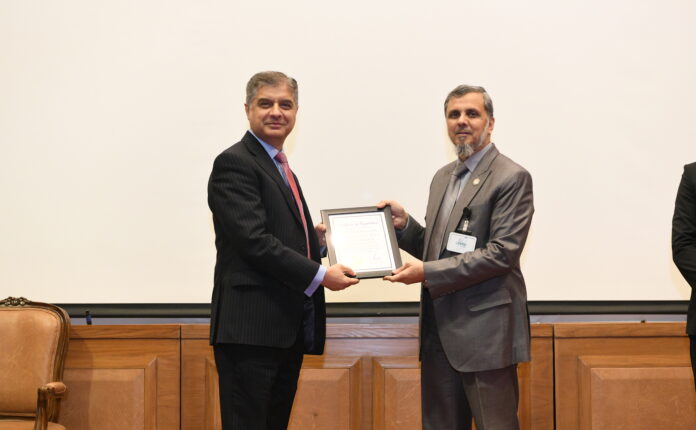BANGKOK — Two years after Thailand legalized pot, the country appears poised to crack down on its free drug market by banning “recreational” use.
Legal cannabis has boosted Thailand’s tourism and agriculture and spawned thousands of neon-green shops, but faces a public backlash over the perception that lack of regulation has made the drug available to children and fueled crime.
The cabinet is expected to consider legislation that would ban recreational cannabis use while allowing medical use as early as Tuesday. If passed, it would go to parliament, where there is broad support for further restrictions.
The draft law, which was sent out for public comment in January, would make using cannabis “for fun or pleasure” a crime, punishable by a fine of 60,000 baht (about US$1,700). It would allow medical marijuana, but did not detail how it would be controlled.
Thailand was the first country in Asia to legalize cannabis. Decriminalization has been pushed by the Bhumjaithai Party, making it a major part of its campaign platform ahead of the 2019 general election. The party’s stronghold is in the impoverished northeast, where it has promised farmers that cannabis will be a new cash crop.
Party leader Anutin Charnvirakul became health minister and a key member of the military-led coalition and pushed through an amendment to the Narcotics Act in 2022 that removed cannabis from the list of controlled drugs.
Anutin promised that cannabis would be allowed only for medical use, but in practice the market was almost unregulated.
The Ministry of Health issued a regulation that made cannabis a “controlled herb” that requires a permit to grow or sell, and also banned online sales, sales to pregnant women and people under 20, and public smoking. But cannabis can be easily purchased by virtually anyone at many unlicensed establishments or online.
The Thai media was quickly filled with reports of violence and drug abuse, even among young people who should not have had access to the drug.
The Department of Health reported a sharp increase in the number of people receiving treatment for cannabis-related mental health problems, from more than 37,000 patients in fiscal year 2022 to more than 63,000 patients in 2023. Other studies have shown that more young people are using the drug.
In the 2023 election campaign, all major parties – including Bhumjaithai – promised to restrict medical cannabis.
Kalyapat Rachitroj, a lawmaker from the opposition Move Forward party who holds a medical degree, said the plant has economic benefits and uses in healthcare for pain relief and for terminally ill patients. But she said widespread recreational cannabis has caused social problems such as youth drug abuse.
Given the current situation, “we have no choice but to return marijuana to be reclassified as a narcotic.”
Cannabis advocates and entrepreneurs oppose a radical comeback.
Chokwan “Kitty” Chopaka, a cannabis shop owner and activist in Bangkok, acknowledged the problems with cannabis use, but said they were caused by lax enforcement of existing regulations.
She said many officials still see cannabis as a dangerous narcotic. “Where we, on the other hand, see it as a plant.” it is an herb. It’s something we’ve traditionally had for a very long time.”
Rattapon Sanrak, the founder of Thailand’s first legal cannabis business, said putting cannabis back on the narcotic list would be an overreaction.
He also said the move would be impractical or even impossible given how big the industry has grown.
“I don’t think there is anyone who would disagree with controlling the use of minors. Nobody wants to see people smoking weed on the street,” he said. “Vendors … also don’t want to see those street vendors selling without a license.”
He called for further discussion on the best way to control the drug.
“The people who don’t like it, the people who are the users, the people who run the businesses, I think those parties have to find common ground on how to co-exist.”







